Myths About Osteoporosis! Is it a normal aging process? No! What? Let’s look more closely:
Susan Brown, PhD, a bone health nutritionist and educator, explains myths surrounding osteoporosis. We’ll look at the most common ones here and you can read further to protect yourself. Myth #1: Osteoporosis is a function of aging “Most individuals do lose bone mass as they age. But simply losing bone does not equal osteoporosis. The remaining bone of a healthy aging woman is strong and capable of constant self-repair. This bone, though lower in mass, should be able to withstand...

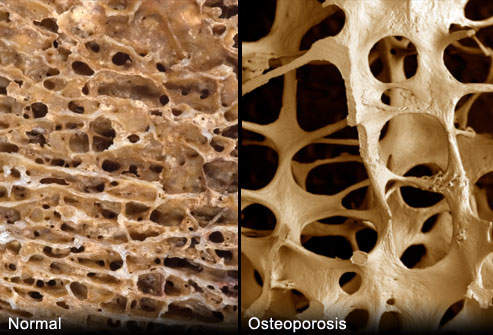

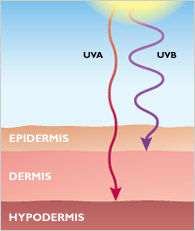
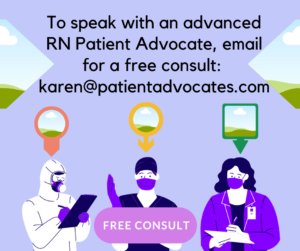
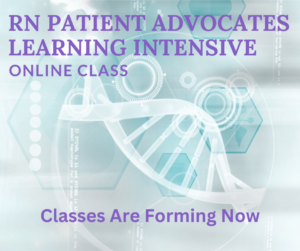

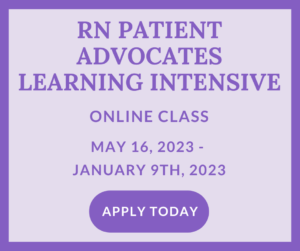
Recent Comments